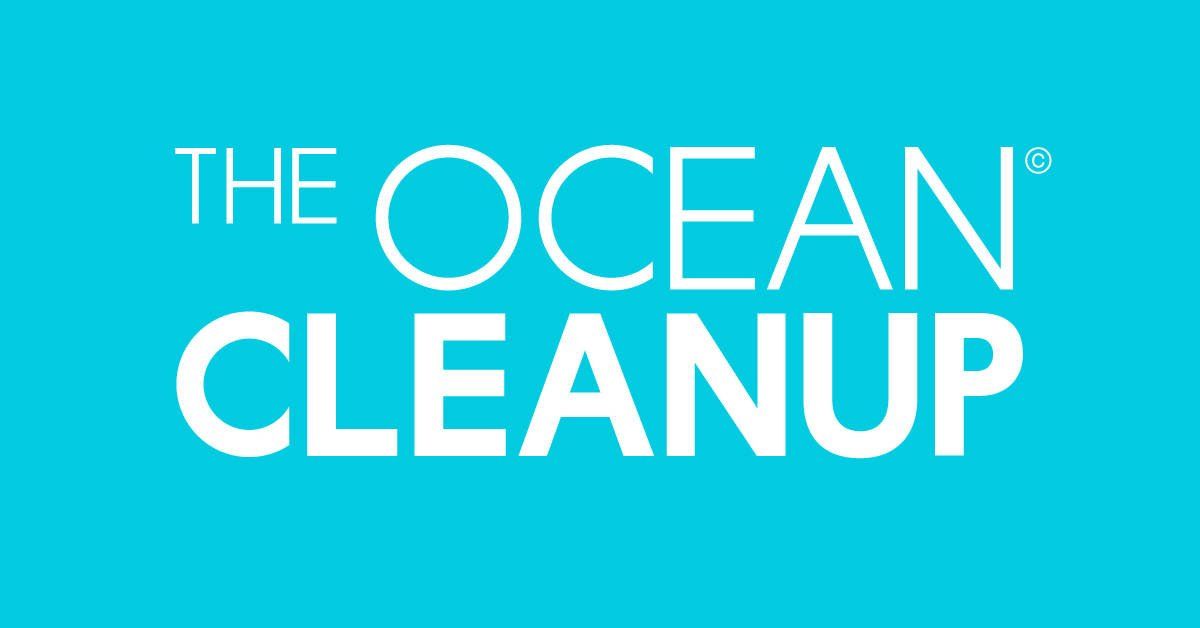The Ocean Cleanup
Over 5 trillion pieces of plastic currently litter the ocean.
Trash accumulates in 5 ocean garbage patches, the largest one being the Great Pacific Garbage Patch, located between Hawaii and California. If left to circulate, the plastic will impact our ecosystems, health and economies. The Ocean Cleanup develops advanced technologies to rid the world’s oceans of plastic. A full-scale deployment of our systems is estimated to clean up 50 % of the Great Pacific Garbage Patch in 5 years.
One of Jennifer Gross’s earliest goals as a donor was to help facilitate a solution to the growing problem of plastics in the ocean. At that time, the problem seemed almost unsolvable, and there were only a couple of organizations actively seeking a solution. Then, in 2012, Boyn Slat, a teenager from the Netherlands, proposed a solution in a TEDx talk that went viral. Within a year, The Ocean Cleanup had been founded around that idea.
When she learned of The Ocean Cleanup, Jenn knew she’d found the partner she’d been looking for. Boyn has the support of his government, and his comprehensive approach to reducing plastic waste in our oceans appears to be entirely plausible. As Jenn says, “He’s the smartest person, and it's the smartest solution.”
In 2017, Blue Chip Foundation joined the individuals and foundations helping fund the effort to get The Ocean Cleanup’s operational pilot cleanup system in the water, which will lead to more research into the problem and help them initiate the largest cleanup in history by 2020.
The Ocean Cleanup’s work aligns with the following UN Sustainable Development Goals :
14.1 By 2025, prevent and significantly reduce marine pollution of all kinds, in particular from land-based activities, including marine debris and nutrient pollution
14.2 By 2020, sustainably manage and protect marine and coastal ecosystems to avoid significant adverse impacts, including by strengthening their resilience, and take action for their restoration in order to achieve healthy and productive oceans
14.3 Minimize and address the impacts of ocean acidification, including through enhanced scientific cooperation at all levels
14.a Increase scientific knowledge, develop research capacity and transfer marine technology, taking into account the Intergovernmental Oceanographic Commission Criteria and Guidelines on the Transfer of Marine Technology, in order to improve ocean health and to enhance the contribution of marine biodiversity to the development of developing countries, in particular small island developing States and least developed countries
JOIN OUR NEWSLETTER
We will get back to you as soon as possible
Please try again later


Follow Us
Blue Chip Foundation focuses on alleviating extreme poverty through economic, educational, and social enterprise initiatives in support of the United Nations' Sustainable Development Goals (SDGs)
